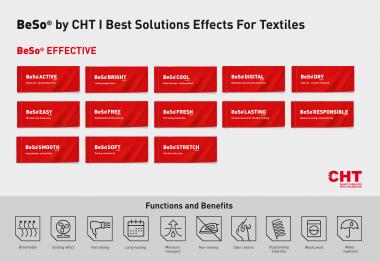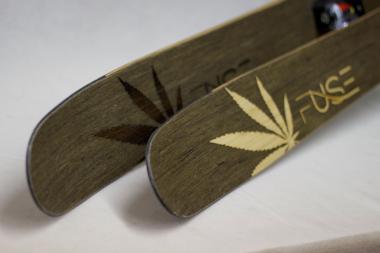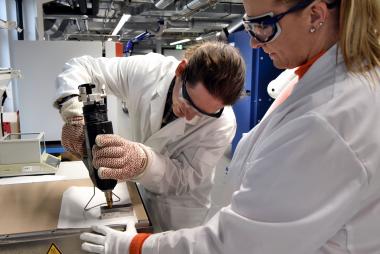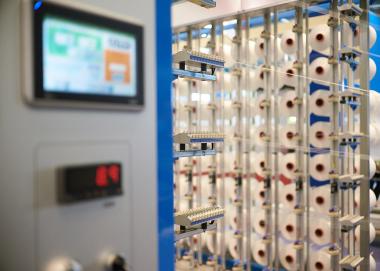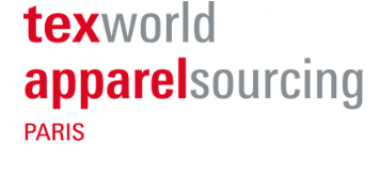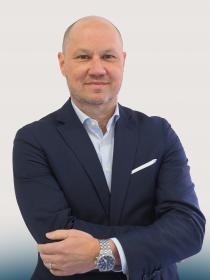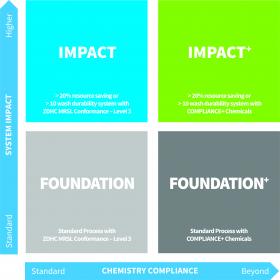Over 330 exhibitors at Intertextile Shanghai Home Textiles
From 6 – 8 March 2024, over 330 exhibitors from seven countries and regions will convene at of Intertextile Shanghai Home Textiles – Spring Edition to highlight a variety of home textile products. Buyers will be able to source the latest bedding, duvets, pillows, towels, carpets, rugs and many more.
Highlighted exhibitors
- Bedding – GSI Creos Corporation, Jjiangyin Hongliu Bedsheet Co Ltd, Zhejiang Eider Warmth New Material Co Ltd
- Down – Anhui Million Feather Co Ltd, Hangzhou Gaga Home Textiles Co Ltd, Shanghai Donglong Home Textile Products Co Ltd
- Functional pillow & mattress – Changshu Dafa Warp Knitting Co Ltd, Chuzhou Bray Smart Home Appliances Co Ltd, Zhangjiagang Coolest Life Technology
- Floor – Amore Textile (Suzhou) Co Ltd, Jingyi Fur Products Co Ltd, Shaoxing Jiaohui Home Textile Co Ltd
- Quilt fillings – Pujiang Boyue Home Textile Co Ltd, Pujiang Huayu Hometextile Co Ltd
- Textile design – Tela’s Design Lda
- Towelling – Nantong Dadong Co Ltd, Sunvim Group Co Ltd
- Loungewear & bath – Suzhou Huazhong Knitting Co Ltd, Zhejiang Demu Textile Technology Co Ltd
- Upholstery fabrics – Changshu Xinghan Hometextiles Co Ltd, Jiangsu First Home Textile Co Ltd, Shaoxing Chengchong Imp & Exp Co Ltd
- Home textile technologies – Nantong Mingxing Science & Technology Development Co Ltd, Sichuan Chnki Sewing Machine Co Ltd
Fringe programme
Complementing the exhibitor lineup, Intertextile Shanghai Home Textiles will feature events to keep attendees up-to-date with emerging developments, trends, and important intuition.
For example, one of the most essential yet often overlooked foundations for sustaining wellness is quality sleep. Throughout day one and two at the Bedding Seminar Area, sleep technology will again be a key topic of discussion, guaranteeing comprehensive insights on sleep quality while tapping into associated business prospects.
Traditional Chinese medicine will also take the spotlight, with talks linking various health issues to remedies. Crossover subjects include topical therapy’s role in a better night’s sleep as well as innovations blending medicinal properties with textile design.
An increasing number of people are choosing to use natural materials and green textiles for their bedrooms and throughout their homes. For this reason, the seminars falling under the "Textiles & Technology" theme will shed light on sustainability and what’s next in the industry.
Messe Frankfurt (HK) Ltd











